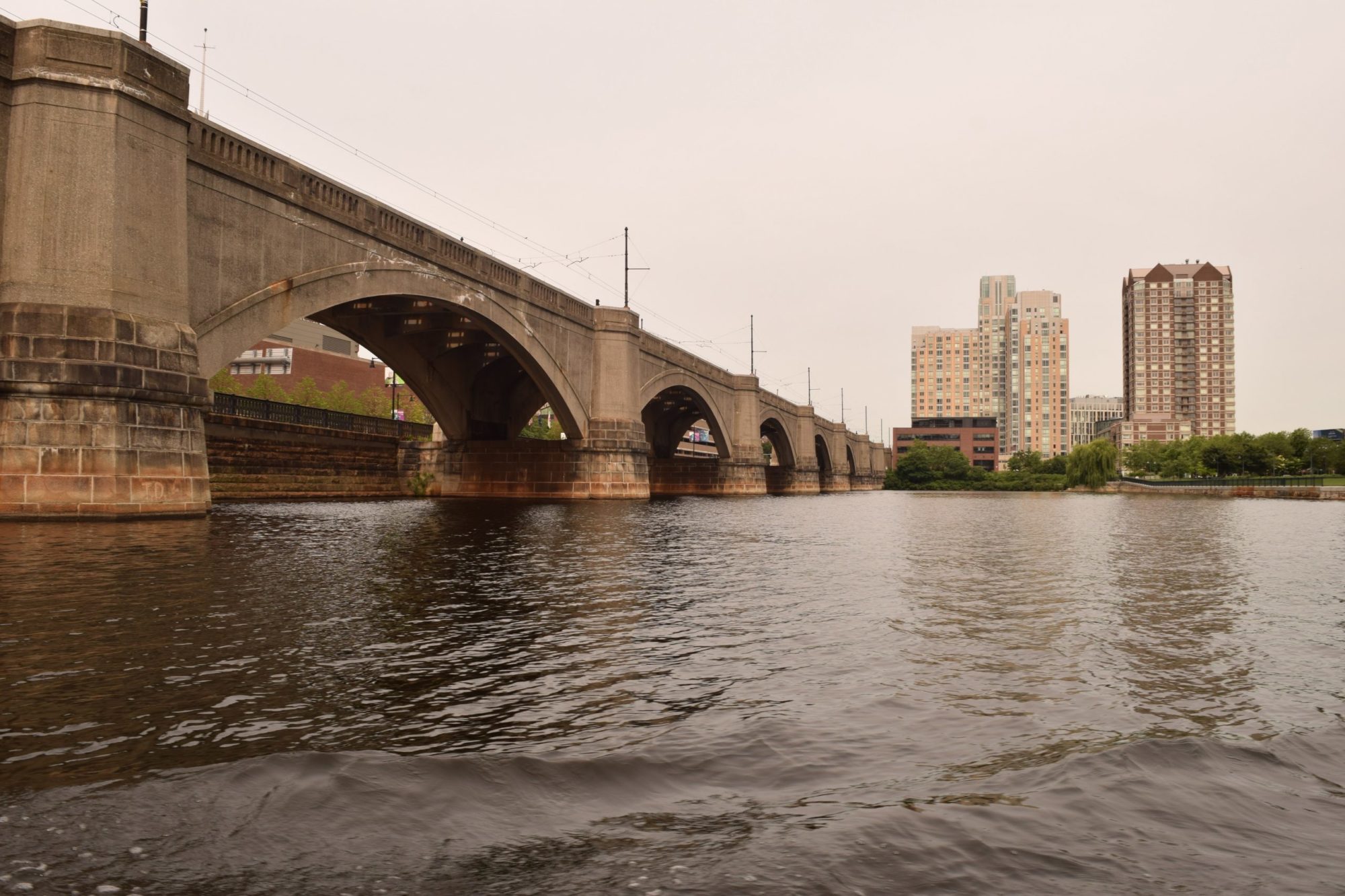Do you have some free time this week? Here are five ways to learn about humanitarian issues.
Read “It Really is Different This Time” from Politico
This article, written June 4th, describes why this moment in history and racial tension feels “different” from others–at this point in time, the article was written more than two weeks ago, and actions against racial injustice both in person and on social media are still in full force. I’ve read and listened to a few pieces on the subject this week, and I’d definitely recommend listening to “Why Now, White People?” from Code Switch, which asks why white people are becoming increasingly involved in the Black Lives Matter movement at this point in time. The Politico article provides perspectives from a wide range of thinkers to explain why or why not this wave of action is different from those in the past, and how these protests will shape the future of America. Reading the opinions from prominent professors, Congressional Representatives, and think tank leaders in this article has helped me to better understand how circumstances like the global pandemic, the rise of cell phone cameras, and the current Presidential administration have all contributed to the energy in the fight against racial injustice this summer and motivated the three weeks of protests in all 50 states.
Eve
Check out “It’s Bigger Than These Bars,” a stand-up comedy special by Ali Siddiq
As we continue learning about systemic injustices and amplifying Black voices in the wake of the growing Black Lives Matter movement, we should also continue spotlighting Black creatives and their work! Siddiq is a stand-up comedian who realized his ability to make others laugh while serving his sentence at Ruben M. Torres Unit in Hondo, Texas. Since using his humor to diffuse situations between fellow inmates and even between himself and guards, he went on to share his storytelling skills and anecdotal wit with crowds in NBC’s “Bring the Funny” and Comedy Central’s “This is Not Happening” and “This Week at the Comedy Cellar,” among others. In this special, Siddiq performs at Bell County Jail in Texas for a large group of incarcerated folk and gets to discuss the incarcerated experience with small groups as well as with prison administrators. He covers topics like the nuances of re-entry, the dehumanization of incarceration, and recidivism. This special is a necessary reminder to recognize and dismantle the stigmatization of being incarcerated.
Yuna
Learn about digital financial inclusion
I first learned about the importance of financial inclusion in an economics class last fall. Since then, I’ve been trying to learn more about the role of access to financial services in poverty alleviation. I read Financial Inclusion at the Bottom of the Pyramid a few months ago, and more recently I wrote about how the COVID-19 pandemic reveals a need for digital financial inclusion. As I’ve been learning more about this topic, I came across this video from the Consultative Group to Assist the Poor. It provides a short explanation of how greater access to retail financial services can bring the poor into the financial system. It’s a great introduction to the concept of digital financial inclusion and its importance in developing countries. Check it out!
Alexa
Watch The Dark Side of Chocolate
This 2010 documentary explores the exploitation and child trafficking that occur in the chocolate industry, specifically in Africa’s Ivory Coast. Directed by Danish journalist Miki Mistrati, The Dark Side of Chocolate is an eye-opening look into the exploitative supply chain of one of the world’s most lucrative luxury goods. While difficult to watch, this documentary is an important reminder of the importance of understanding where and how the products that we buy are made.
Alexa
Make your own mask!
California joined a number of other states this week by requiring people to wear face masks when out in public. Several states have seen a rise in cases over the past week further highlighting the importance of wearing masks and taking precautions to best protect ourselves and those around us. All states are open to some degree, and as people start going to stores, restaurants, and even schools, more and more people will be wearing masks. Now is a great time to make your own if you have not yet! There are a number of resources online, including here that provide options on different ways to make your own. If you want to help out in the COVID-19 crisis, this website has several different organizations looking for masks!
Kelly
- College Football, Ariana Grande, and Water - September 3, 2023
- Livestock and Land Use: How Are We Feeding The Planet? Impactfull April 2022 - April 19, 2022
- What Does Voluntourism Look Like? A Case Study in a Cambodian Orphanage - March 28, 2022
